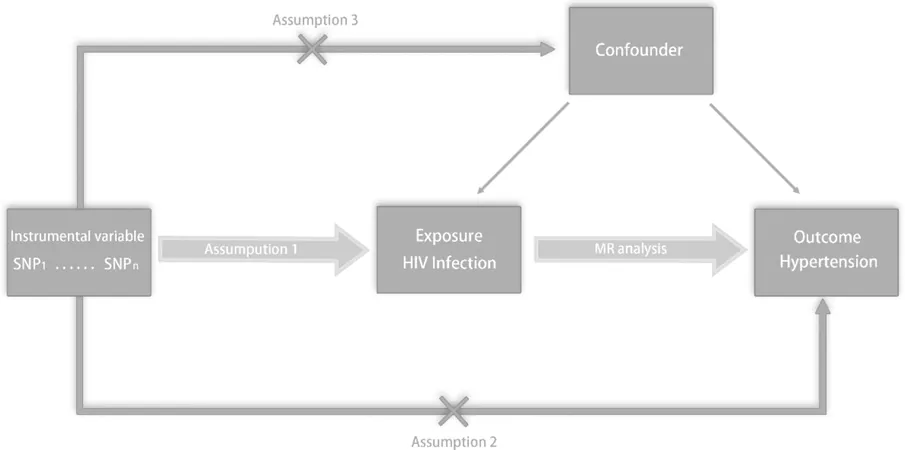
Nasal Spray Diuretic Shows Game-Changing Potential for Heart Failure Treatment!
2024-11-19
Author: Rajesh
Introduction
In a groundbreaking phase I clinical trial conducted in Chicago, researchers have unveiled promising results for a new bumetanide nasal spray designed to address heart failure. The study, which included 68 healthy volunteers, demonstrated that this novel intranasal loop diuretic is not only well-tolerated but also exhibits reliable rates of absorption when compared to traditional oral and intravenous (IV) methods.
Key Findings
According to Dr. Eric Adler from the University of California San Diego, the findings showed a notable bioequivalence of the bumetanide nasal spray, particularly in terms of maximum drug concentration and the overall concentration-time curve—a key measure in pharmacology. This means that patients could potentially benefit from a more stable dosing route with the nasal spray, which has a variability in absorption of only 27%, especially when contrasted with the greater than 40% variability often seen with the oral formulation.
Advantages of Nasal Spray
One of the compelling advantages of the nasal spray is its ability to produce similar urine output as its IV counterpart while experiencing fewer adverse events. Encouragingly, participants did not report significant nasal irritation, a common concern with nasal medications. This could mark a revolutionary shift in how patients with acute decompensated heart failure manage fluid overload—a condition frequently requiring hospitalization for IV diuretic treatment as oral bumetanide tends to lose effectiveness over time.
Mechanism of Action
The researchers explained that the bumetanide nasal spray is tailored for absorption through the nasal mucosa, which could enhance bioavailability and provide a more consistent diuretic effect. However, medical professionals like Dr. Dipti Itchhaporia from the Hoag Heart and Vascular Institute caution that more comprehensive studies are needed to determine if the nasal spray effectively reduces edema in heart failure patients, particularly among older, frailer populations who may struggle with device usage.
Need for Further Research
Itchhaporia emphasized, 'We need further trials to evaluate both the efficacy and accessibility of this treatment, especially given the potential costs associated with new medical products.'
Trial Details
The phase I clinical trial, labeled RSQ-777-02, took place from December 2023 to April 2024, exclusively involving participants without heart failure risk. Most participants were in their late 30s, predominantly male, with a diverse racial makeup including 60% white, 28% Black, 10% Asian, and 12% Hispanic.
Monitoring and Results
Throughout the trial, participants underwent close monitoring over 10 days, receiving each formulation of bumetanide in a randomized order with a 48-hour washout period between treatments, all facilitated by nursing staff. Researchers gathered vital pharmacodynamic data, including urine volume and electrolyte levels, further solidifying the comparative efficacy of the nasal spray.
Absorption Rates
Interestingly, the nasal bumetanide demonstrated a 33% faster absorption rate than the oral form, although it was slightly slower than the IV administration. Nevertheless, the onset of sodium excretion was quicker with the nasal formulation, offering quicker relief for patients.
Safety Profile
Though 38% of participants experienced at least one treatment-emergent adverse event, none were classified as severe, indicating a manageable safety profile for the new delivery system. The researchers are optimistic about conducting further trials with heart failure patients to explore the full potential of this innovative solution.
Conclusion
As the medical community watches closely, the bumetanide nasal spray may soon emerge as a game-changer in heart failure management—one that could ultimately enhance the quality of life for countless patients. Stay tuned for more updates on this exciting development!




 Brasil (PT)
Brasil (PT)
 Canada (EN)
Canada (EN)
 Chile (ES)
Chile (ES)
 España (ES)
España (ES)
 France (FR)
France (FR)
 Hong Kong (EN)
Hong Kong (EN)
 Italia (IT)
Italia (IT)
 日本 (JA)
日本 (JA)
 Magyarország (HU)
Magyarország (HU)
 Norge (NO)
Norge (NO)
 Polska (PL)
Polska (PL)
 Schweiz (DE)
Schweiz (DE)
 Singapore (EN)
Singapore (EN)
 Sverige (SV)
Sverige (SV)
 Suomi (FI)
Suomi (FI)
 Türkiye (TR)
Türkiye (TR)